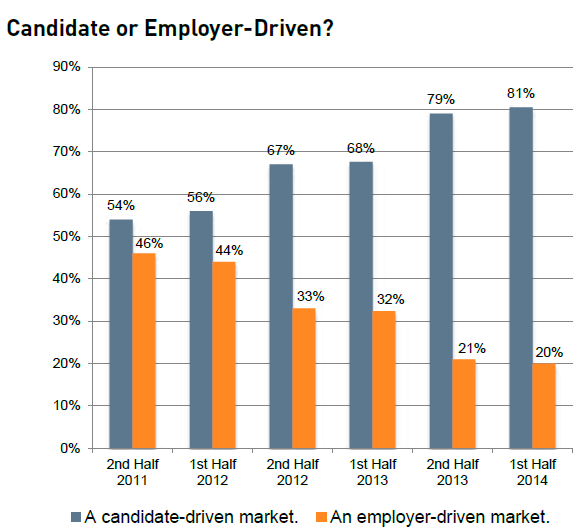Vacation wrap-up: What I did wrong, did right, and what I'd do differently next time
I am just back from a super week of vacation/holiday spent in the wonderful state of South Carolina (Note to self: If I ever get my feet back in South Carolina I am going to nail them to the ground), and wanted to take a few minutes before diving in to my hopelessly full email inbox to reflect on the break with respect to how I did or didn't handle 'work' and 'work/life' issues during the week. I had not taken this many consecutive days off (outside of the end of year holidays), in some time, so it was an interesting and revealing week for me as well. And also kind of sad in a way, that simply taking one business week off, (and the weekends on each side of that week), creates such a challenge for me, and I would expect, many of the folks who read this blog. It just shouldn't be that hard, if you know what I mean.
But in the interest of 'I need to get back to watching Sharknado 4', let's get on with the idea for the post. Here's what I did wrong, did right, and the next time I take a week or more offline, what I would definitely do differently.
What I did wrong:
By the time I had left for the trip I had one pretty important work item that needed to be completed, and sadly, was not. So I rationalized that I would work on said item on the plane ride down, and then it would be all set. But alas, said project took longer than I had anticipated, and I had to revisit it two other times during the trip before it was completed. What I did wrong was not finishing this project, no matter what it took, before the trip. There's no way to leave on a vacation with everything completed, but I should have realized the importance of this one thing and made sure it was done. It was completed by mid-week or so, but it did bug me for the first half of the trip. But that was on me, I needed to do a better job at prioritizing projects before I left.
What I did right:
Today is Monday, the first day I am back 'in the office', and I smartly have zero 'official' meetings or calls today. I knew that attempting to wade through the Inbox would pretty much be the only thing I would be able to attack today, and I made sure there were no other conflicts to allow me to attempt to catch up. The other thing I did right, and I was not sure about this at the time, was actually haul the laptop with me on the trip. It wasn't because I felt compelled to 'work' on the trip, but if I really had to, (see above), I would be able to, and would not get stuck in a hotel business center or having to find a FedEx office location at the beach.
What I would do differently next time:
I will probably set up my 'Out of the office' email auto-response at least one full day before I am actually out of the office. This would create a little more airspace to complete anything that needs to be done before leaving on a vacation, and better set expectations for response time. I would also, similar to what I did today, make sure on the last day in the office that I have no meetings or calls set up. It's kind of like setting up a DMZ situation one day before and one day after a vacation. The other thing I would do differently is perhaps pick one personal 'work' project, (for me it is this blog, the HR Happy Hour Show), to spend at least some time thinking about or working on. Those personal projects are extremely fun, and often don't really seem like work. I would have loved to come back from vacation with a dozen great blog post ideas or two or three podcasts booked. Alas...
That's it from me. If you have not yet taken some time off this summer, I really hope you do and have a fantastic break. And if you are one of the approximately 489 people waiting to hear back from me, I promise I will get caught up soon. I mean that. Truly....
Have a great week!

 Steve
Steve


